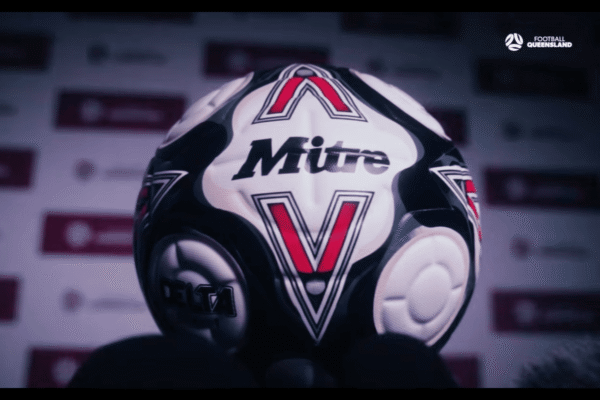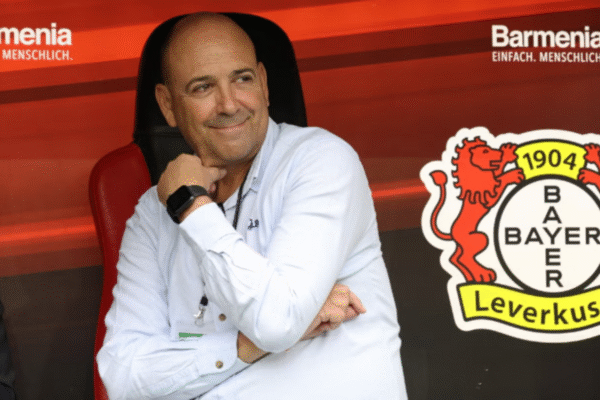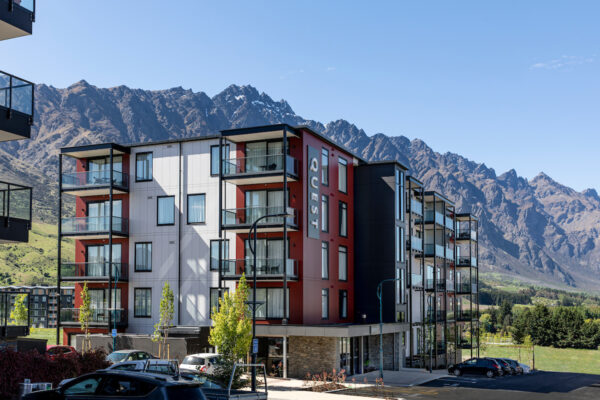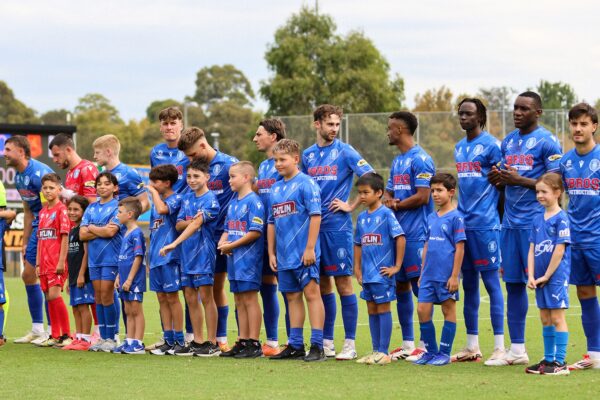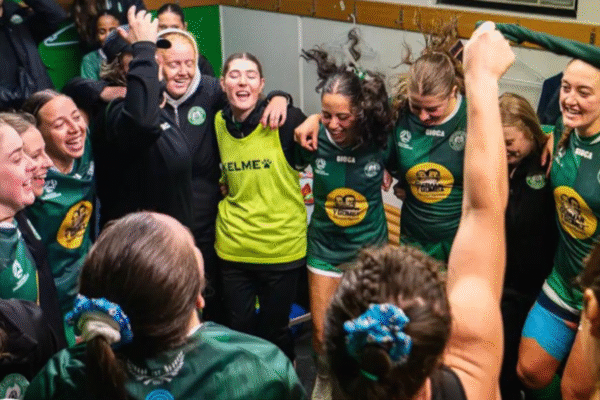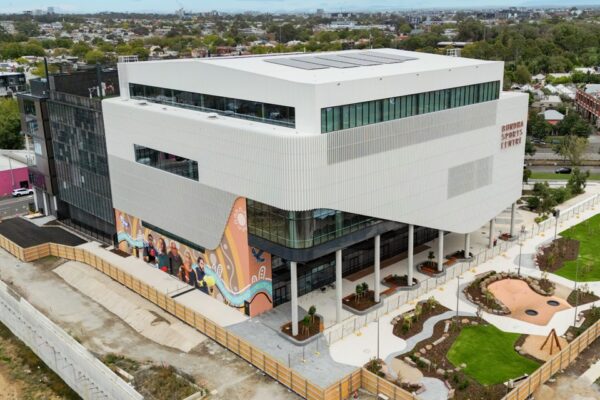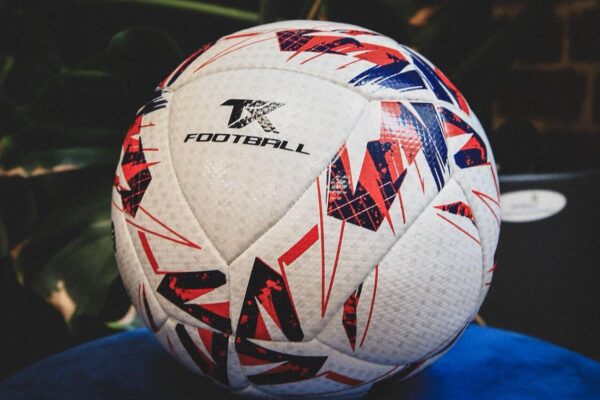
Cambridge United has come to an arrangement with its fans that will allow the Abbey Stadium to be redeveloped.
The English Football League One team will invest £1.5 million ($2.8m) on a new supporters team facility, allowing the old one to be dismantled. In exchange, the team will be given a plot of land held by the supporters team to enable for renovation.
According to the agreement, the present building will be removed only after the new one has been built to assure continued operation. The news comes little over a year after the team reclaimed control of its stadium from property developer, management, and investor Grosvenor.
Paul Barry, the club’s primary stakeholder, was overjoyed by the news, having previously stated that the Supporters Club building was impeding the rebuilding of Abbey Stadium.
“This is vital to our progression as a football club,” he said via press release.
“It is potentially a very big step forward for Cambridge United as it unlocks the opportunity to develop, modernise, increase the capacity of the Abbey Stadium and improve what we offer for all our supporters.
The agreement must be ratified by club members in an extraordinary general meeting in November. Detailed designs for the 8,127-seat stadium’s renovation will be released in the new year, although renovations to the Newmarket Road and Habbin stands will be included.
Barry previously stated that the club has two options on the table for the redevelopment of Abbey Stadium. One would be a modernisation of the venue that would require significant investment but allow the club to grow its capacity and commercial revenues. This option would allow Cambridge to keep up to date with rival clubs.
The other option, which Barry described as “effectively the status quo”, would include incremental improvements to the stadium.
“This would inevitably mean we would be overtaken – not immediately but over time – by other clubs of a similar size with better, more modern facilities who can offer a better spectator experience and generate more non-match day income which they can then reinvest on the pitch,” Barry added.
As a community based club that has been around since 1912, Cambridge United should look to keep their community based support and modernise the venue, rather than “being overtaken” to keep the history and traditions within the club.
A supporter EGM will take place on November 2 at 7.30pm, UK time.



